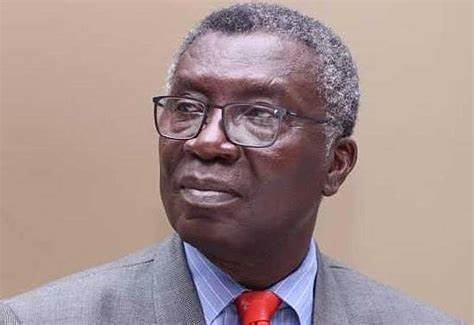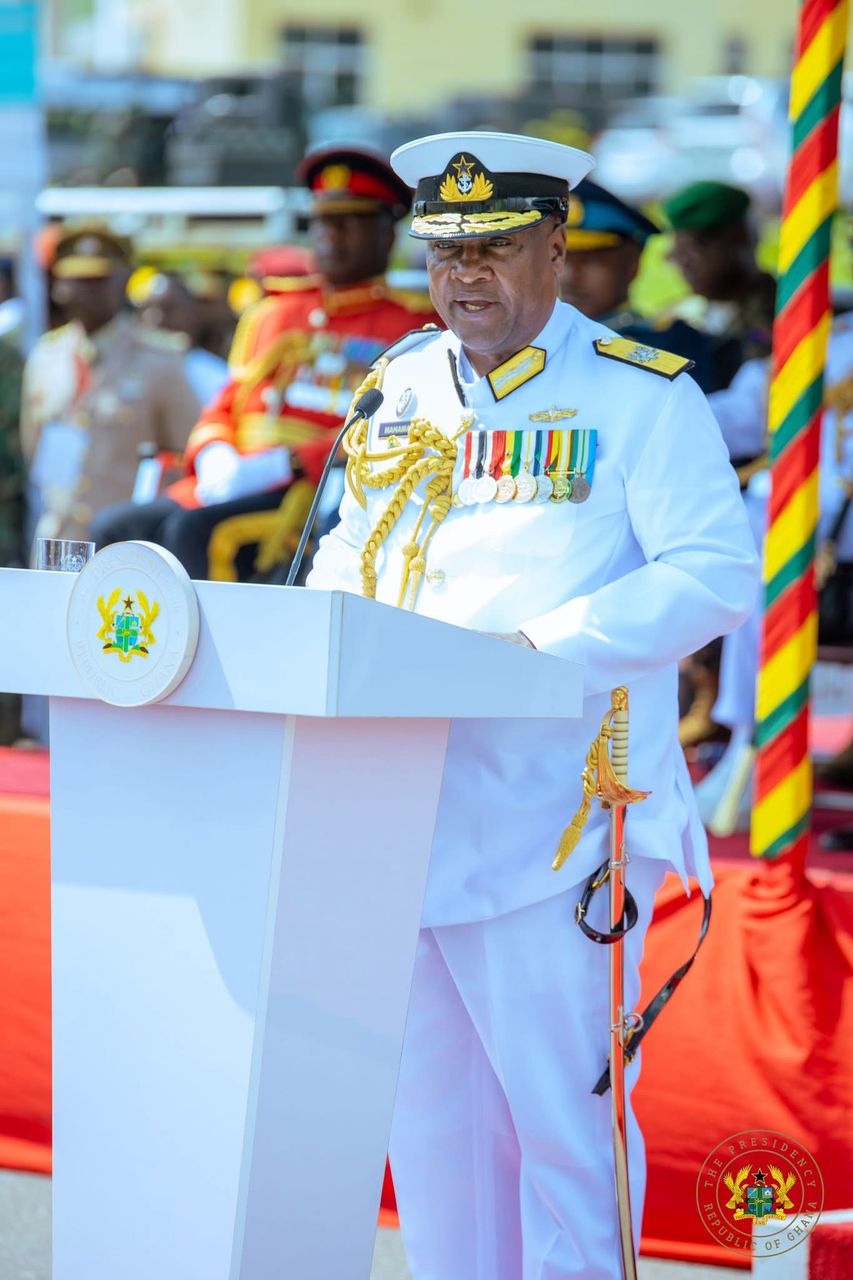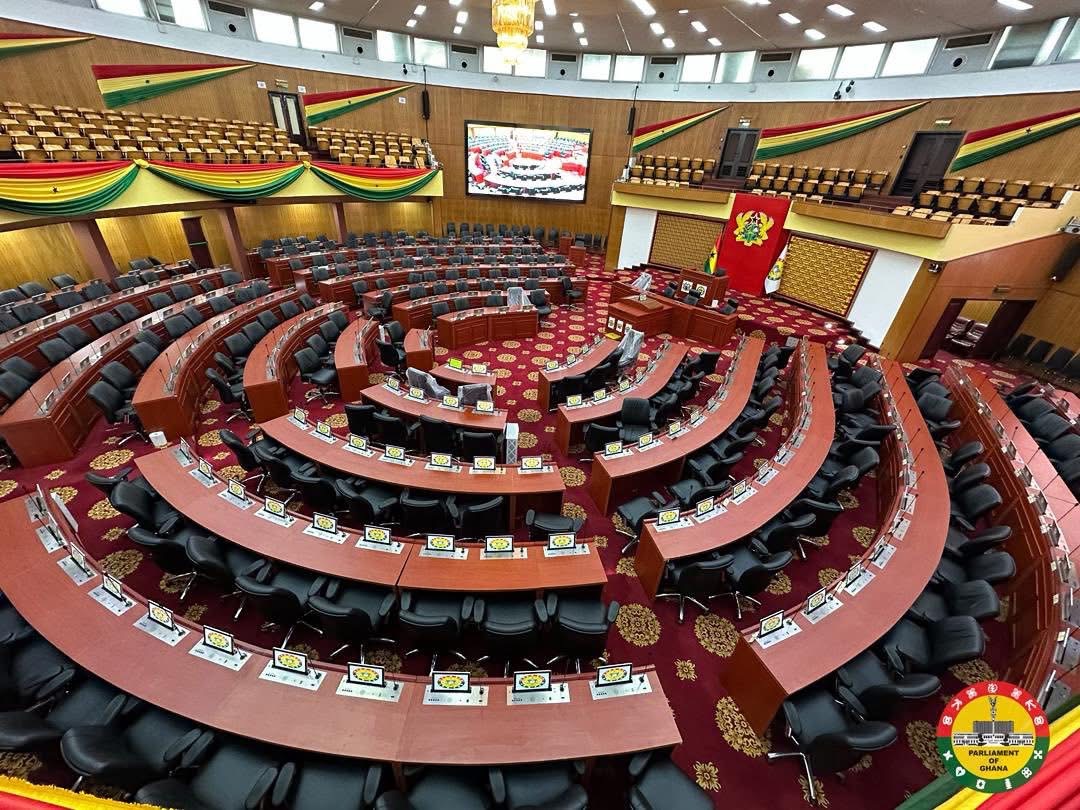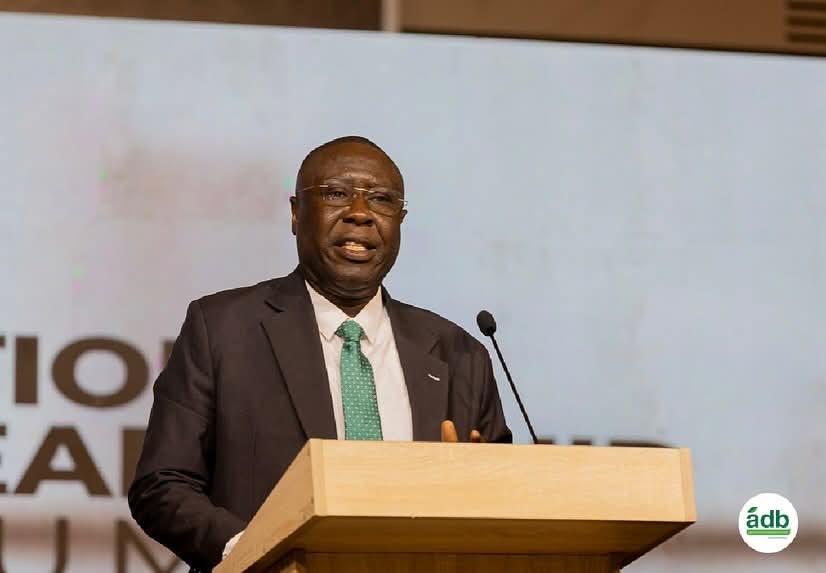New Patriotic Party (NPP) presidential hopeful, Dr. Mahamudu Bawumia, has expressed disappointment over what he describes as tribal and religious propaganda being used against him by some of his competitors in the lead-up to the party’s 2026 primaries.
Speaking to party faithful on Sunday, August 24, the former Vice President warned that such campaign tactics were dangerous and risked creating needless divisions within the NPP.
“As we go into the primaries, I am very concerned and troubled that some of our presidential aspirants have embarked on religious and tribal bigotry and propaganda against me,” he said. “In a desperate attempt to win votes, they totally ignore the data and findings on why we lost the 2024 election and want to mislead delegates and the party wings with such propaganda.”
Dr. Bawumia revealed that one aspirant had allegedly urged delegates not to vote for him simply because of his Mamprusi background, arguing it could cost the party support in Kusasi communities. He dismissed the claim as baseless.
“An aspirant has said delegates should not vote for me because I am a Mamprusi man and that I will lose votes in the Kusasi and other areas. This is very unfortunate and demonstrates a complete lack of understanding of the situation,” he remarked.
His comments came in response to Abetifi MP and fellow flagbearer contender, Dr. Bryan Acheampong, who a day earlier suggested that tribal dynamics had played a role in the NPP’s 2024 electoral defeat.
According to Dr. Acheampong, Bawumia’s candidacy may have alienated parts of the northern electorate due to historical ethnic tensions. He contrasted this with the experiences of former Presidents John Agyekum Kufuor and Nana Addo Dankwa Akufo-Addo, who, in his view, were able to gain wider northern support by being seen as more neutral figures in tribal politics.
But Bawumia strongly rejected that argument, insisting that focusing on ethnicity was not only divisive but also a distraction from the real issues. He maintained that the party’s 2024 loss had deeper causes that needed to be studied and addressed rather than reduced to ethnic narratives.









